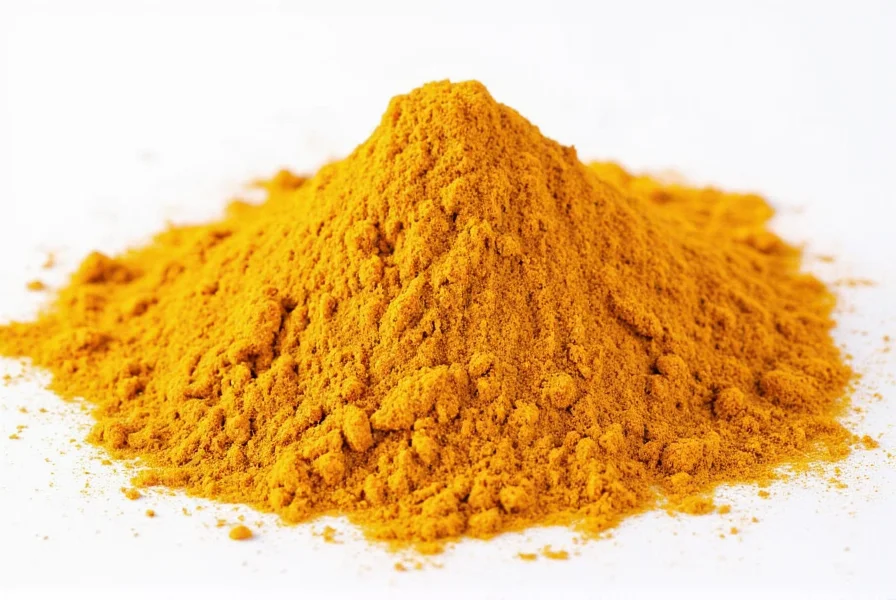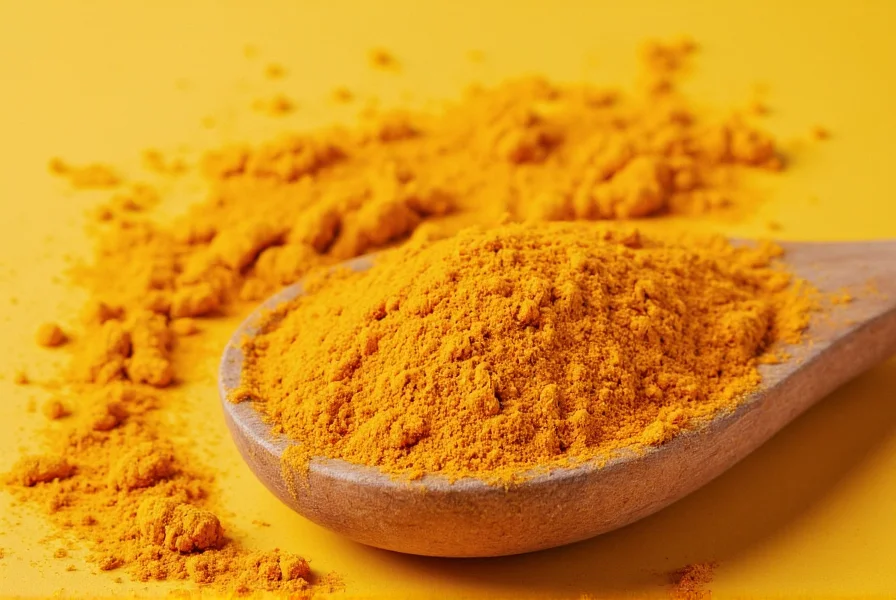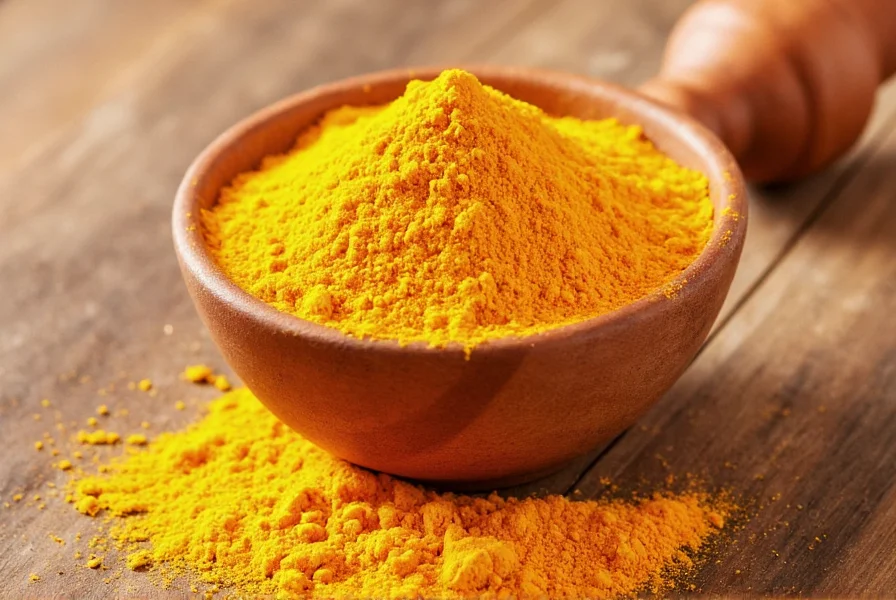Turmeric curcumin has gained significant attention in both traditional medicine and modern scientific research for its wide-ranging health applications. While turmeric itself has been used for centuries in Ayurvedic and Chinese medicine, curcumin—the primary bioactive compound in turmeric—accounts for most of its therapeutic effects. Understanding turmeric curcumin para que sirve requires examining the scientific evidence behind its various applications, particularly its role in managing inflammation and supporting overall wellness.
The Science Behind Curcumin
Curcumin constitutes approximately 2-8% of turmeric root by weight, yet it's responsible for most of turmeric's health benefits. This polyphenol compound interacts with multiple molecular targets in the body, influencing numerous biochemical pathways. One of curcumin's primary mechanisms is its ability to inhibit nuclear factor-kappa B (NF-κB), a molecule that triggers inflammation at the cellular level.
However, curcumin faces significant bioavailability challenges. When consumed alone, it's poorly absorbed into the bloodstream, rapidly metabolized, and quickly eliminated. This explains why traditional preparations often combine turmeric with black pepper (containing piperine) or fats—to enhance absorption. Modern formulations address this through phospholipid complexes, nanoparticles, or other delivery systems that increase curcumin's effectiveness by up to 2,000%.
Evidence-Based Health Applications
Research has identified several conditions where curcumin demonstrates measurable benefits. Unlike many natural supplements that lack rigorous scientific backing, curcumin has been the subject of over 12,000 peer-reviewed studies, providing substantial evidence for specific applications.
| Health Application | Scientific Evidence Level | Recommended Dosage |
|---|---|---|
| Osteoarthritis Pain Relief | Strong (Multiple RCTs) | 500mg twice daily of enhanced curcumin |
| Metabolic Syndrome Support | Moderate (Several clinical trials) | 80-500mg daily of bioavailable curcumin |
| Mood Support | Promising (Emerging research) | 500mg twice daily of enhanced curcumin |
| Post-Exercise Recovery | Good (Multiple studies) | 200-500mg before and after exercise |
Joint Health and Arthritis Management
One of the most well-documented uses of turmeric curcumin para que sirve relates to joint health. A 2016 meta-analysis published in the Journal of Medicinal Food concluded that curcumin supplementation significantly reduced pain and improved function in osteoarthritis patients compared to placebo. The analysis included eight randomized controlled trials with 799 participants. Notably, some studies found curcumin to be as effective as ibuprofen for pain relief, but with fewer gastrointestinal side effects.
For rheumatoid arthritis, research shows curcumin can reduce disease activity scores and inflammatory markers like C-reactive protein (CRP). A 2012 study in Phytotherapy Research demonstrated that 500mg of curcumin twice daily significantly outperformed both placebo and the standard medication diclofenac sodium in reducing joint swelling and tenderness.
Metabolic Health Support
Curcumin shows promise in managing components of metabolic syndrome. Research indicates it can improve insulin sensitivity, reduce fasting blood glucose levels, and decrease markers of oxidative stress. A 2019 systematic review in Nutrients found that curcumin supplementation significantly lowered triglycerides, LDL cholesterol, and fasting blood sugar in patients with metabolic disorders.
The mechanism appears related to curcumin's ability to activate AMP-activated protein kinase (AMPK), an enzyme that regulates energy metabolism. This makes turmeric curcumin para que sirve particularly relevant for individuals managing prediabetes or type 2 diabetes, though it should never replace prescribed medications without medical supervision.

Cognitive Function and Brain Health
Curcumin's potential neuroprotective effects have generated significant research interest. Studies show it can cross the blood-brain barrier and increase levels of brain-derived neurotrophic factor (BDNF), a growth hormone that functions in the brain. Low BDNF levels are associated with depression and Alzheimer's disease.
A 2018 double-blind, placebo-controlled trial published in the American Journal of Geriatric Psychiatry found that 90mg of a bioavailable curcumin formulation taken twice daily for 18 months significantly improved memory and attention in non-demented adults aged 50-90. Brain scans also showed reduced amyloid and tau accumulation in brain regions associated with memory and mood.
Limitations and Realistic Expectations
While turmeric curcumin para que sirve has many promising applications, it's crucial to understand its limitations. Curcumin is not a miracle cure, and research shows varying levels of effectiveness across different conditions. For example:
- Cancer prevention claims lack sufficient human evidence despite promising laboratory studies
- Effects on weight loss are modest at best and should complement—not replace—diet and exercise
- Results typically require consistent use for 4-8 weeks before noticeable benefits appear
Additionally, the quality of curcumin supplements varies dramatically. Products without absorption-enhancing technology deliver minimal benefits due to poor bioavailability. When evaluating what turmeric curcumin is used for in spanish contexts, it's important to note that traditional preparations often combine turmeric with fats or black pepper to improve absorption—a practice now validated by modern science.
Safety and Practical Usage Guidelines
Curcumin is generally well-tolerated at recommended doses, but certain precautions apply:
- Dosage: Most studies use 500-2,000mg of enhanced curcumin daily, divided into multiple doses
- Timing: Take with food containing healthy fats to improve absorption
- Contraindications: Avoid if taking blood thinners or before surgery due to potential blood-thinning effects
- Pregnancy: Consult a healthcare provider before use during pregnancy
Common side effects at high doses (over 2,000mg daily) include digestive upset and nausea. Rare cases of allergic reactions have been reported. Individuals with gallbladder issues should consult a physician before using curcumin supplements, as it may stimulate bile production.

Maximizing Curcumin Benefits
To get the most from turmeric curcumin para que sirve applications, consider these evidence-based strategies:
- Choose formulations with enhanced bioavailability (look for terms like "phospholipid complex," "nanoparticle," or "with piperine")
- Consume with healthy fats (olive oil, avocado, nuts) to improve absorption
- Combine with black pepper (containing piperine) which can increase absorption by up to 2,000%
- Be consistent—most benefits require 4-12 weeks of regular use
- Consider dividing daily dosage (e.g., 500mg twice daily rather than 1,000mg once daily)
For culinary use, making a "golden milk" with turmeric, black pepper, and coconut milk provides a traditional preparation method that enhances curcumin absorption. However, therapeutic doses typically require supplementation, as you would need to consume impractical amounts of turmeric powder to reach effective curcumin levels.
Conclusion
Understanding what turmeric curcumin is used for reveals a compound with significant potential for supporting health, particularly through its anti-inflammatory and antioxidant mechanisms. While not a cure-all, scientific evidence supports its effectiveness for specific applications like joint health, metabolic support, and cognitive function. When selecting products, prioritize those with proven bioavailability enhancements and maintain realistic expectations about results. As with any supplement, consult with a healthcare provider before starting curcumin, especially if you have existing health conditions or take medications.
Frequently Asked Questions
What is the primary use of turmeric curcumin?
The primary scientifically supported use of turmeric curcumin is for reducing inflammation, particularly for managing osteoarthritis symptoms and joint pain. Research shows it inhibits multiple inflammatory pathways in the body, with effects comparable to some non-steroidal anti-inflammatory drugs but with fewer side effects.
How long does it take for curcumin to work?
Most people notice benefits from curcumin supplementation within 4-8 weeks of consistent daily use. For inflammatory conditions like arthritis, some studies report symptom improvement within 2-4 weeks. The timeframe varies based on the condition being addressed, the formulation's bioavailability, and individual factors like metabolism and severity of symptoms.
Can I get enough curcumin from turmeric in my food?
It's challenging to get therapeutic curcumin doses from dietary turmeric alone. Turmeric contains only 2-8% curcumin by weight, so you'd need to consume 20-30 grams of turmeric powder daily to reach the 500-1,000mg curcumin doses used in studies. Even then, without absorption enhancers like piperine (from black pepper) or fats, most curcumin passes through the digestive system unabsorbed. For therapeutic benefits, specialized supplements are typically necessary.
Does curcumin interact with medications?
Yes, curcumin can interact with certain medications. It may enhance the effects of blood thinners like warfarin, increase the risk of hypoglycemia when taken with diabetes medications, and potentially interfere with chemotherapy drugs. Curcumin's antiplatelet effects mean it should be discontinued at least two weeks before surgery. Always consult with your healthcare provider before combining curcumin supplements with prescription medications.
What's the difference between turmeric and curcumin?
Turmeric is the yellow-orange spice from the Curcuma longa plant's root. Curcumin is one specific compound within turmeric, making up about 2-8% of its composition. While turmeric contains hundreds of compounds, curcumin is the most studied and delivers most of the health benefits. When people ask about turmeric curcumin para que sirve, they're typically interested in the benefits of the curcumin compound rather than whole turmeric.











 浙公网安备
33010002000092号
浙公网安备
33010002000092号 浙B2-20120091-4
浙B2-20120091-4